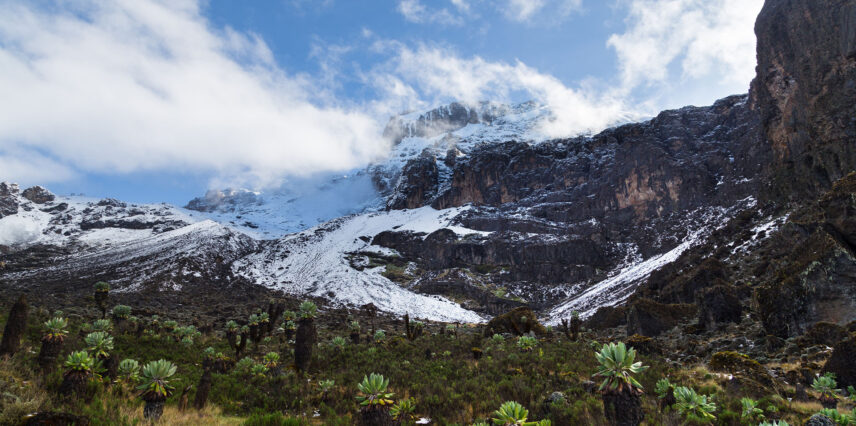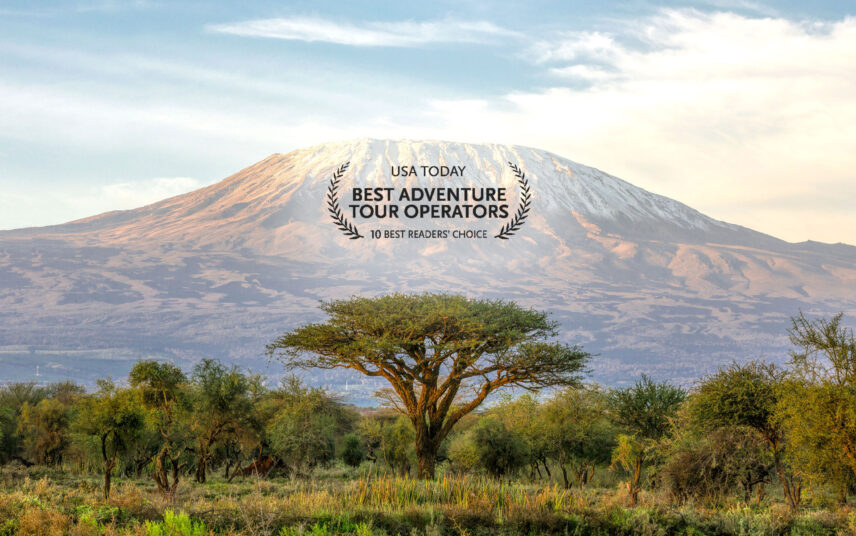
Jun 10, 2025
Top Adventure Tour Operator: 3 Years on USA Today’s 10Best List
We’re honored to share that Thomson has been named one of USA Today’s 10Best Adventure Tour Operators for the third year in a row! That’s 2023, 2024, and now…
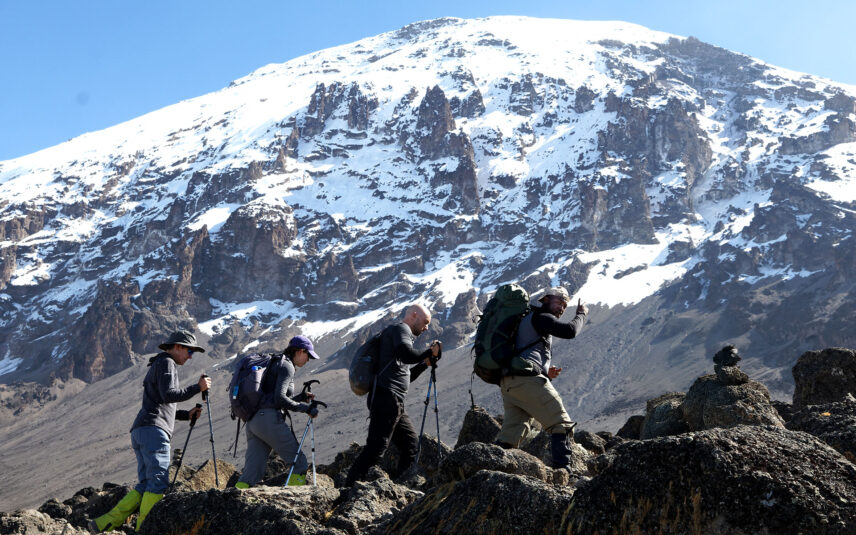
Jun 04, 2025
What It Takes to Reach the Summit [PODCAST]
Marcus Shapiro of Fit For Trips hosts Senior Safari & Kilimanjaro Consultant, Carolyn Hardy in…
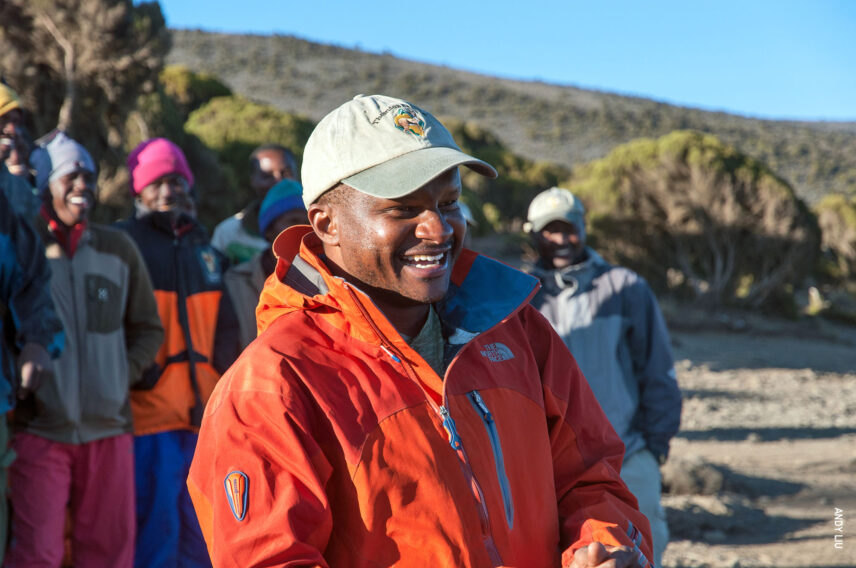
Jun 03, 2025
From Porters to Head Guides: The Journey of Thomson’s Kilimanjaro Leaders
For the dedicated Kilimanjaro guides leading Thomson treks, becoming a head guide is the result of years of hard work, training, and genuine passion. We sat down with several team…
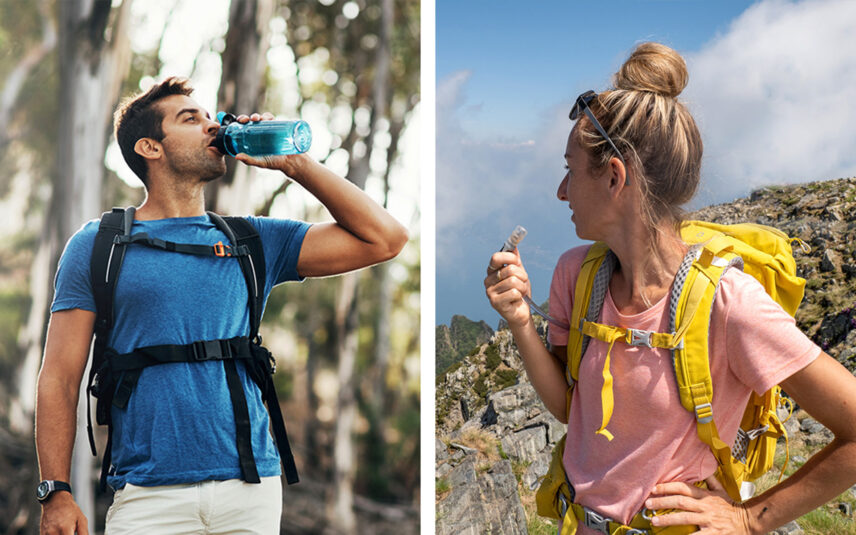
May 08, 2025
Water Bottles vs Hydration Bladders: Pros and Cons
Water is heavy. It sloshes around. How you store it during your Kili trek can make for a noticeably different experience. Kili trekkers usually opt for one of…

Apr 13, 2025
What to Wear (and When to Wear it) on Kilimanjaro [Video]
Angela makes gearing up for Mount Kilimanjaro a snap! She’ll walk you through all the layers you’ll need to pack and explain why and when you’ll need to wear them.

Apr 08, 2025
Lacing Your Hiking Boots for Kilimanjaro
Even with a pair of broken-in boots that fit well, your feet may get sore after so much hiking on Kilimanjaro. Luckily, there are a few lacing techniques…
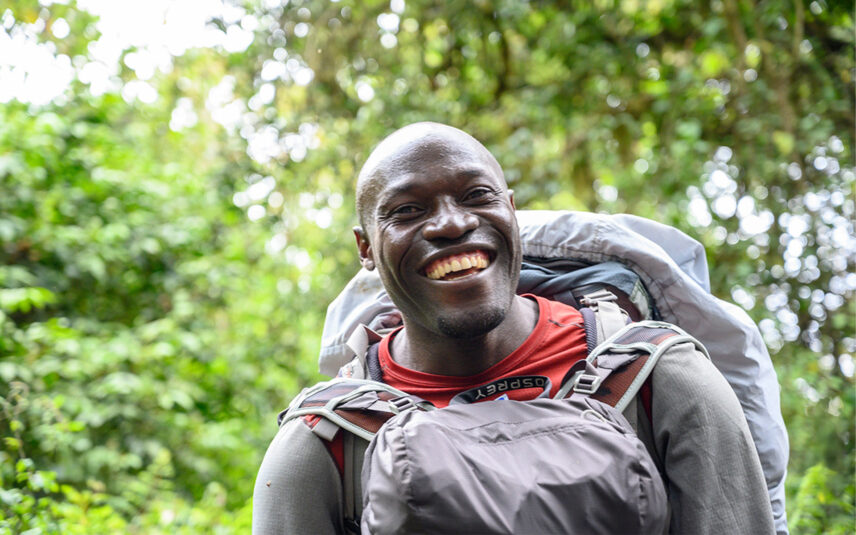
Mar 08, 2025
Should You Hire a Personal Porter on Kilimanjaro?
Thomson trekkers have access to an incredible ally on their trek: the personal porter. Strong, friendly, encouraging, and kind, personal porters can lighten your load as you trek to…
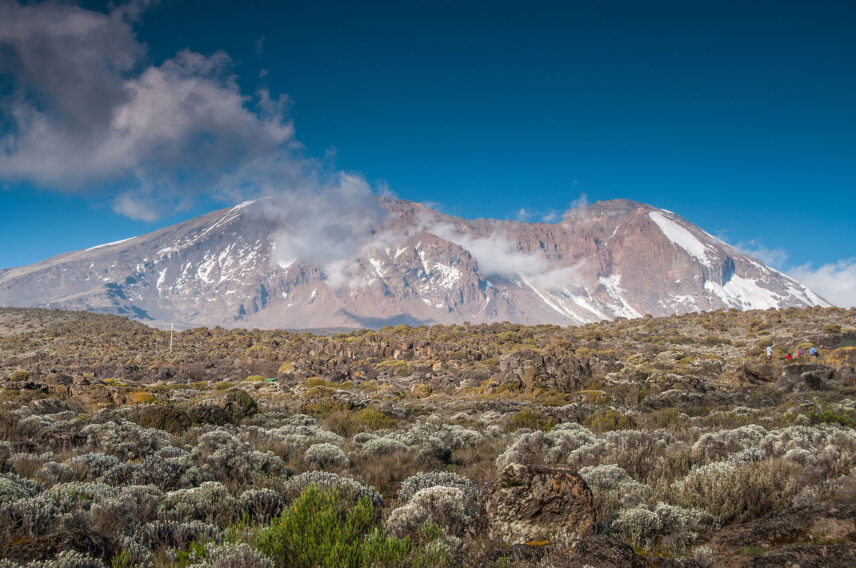
Feb 08, 2025
When Is the Best Time to Climb Kilimanjaro?
We hear it constantly: “When is the absolute best time to climb Kilimanjaro?” Although it’s technically possible to climb year-round, we generally recommend trekking during the warmest, driest months…
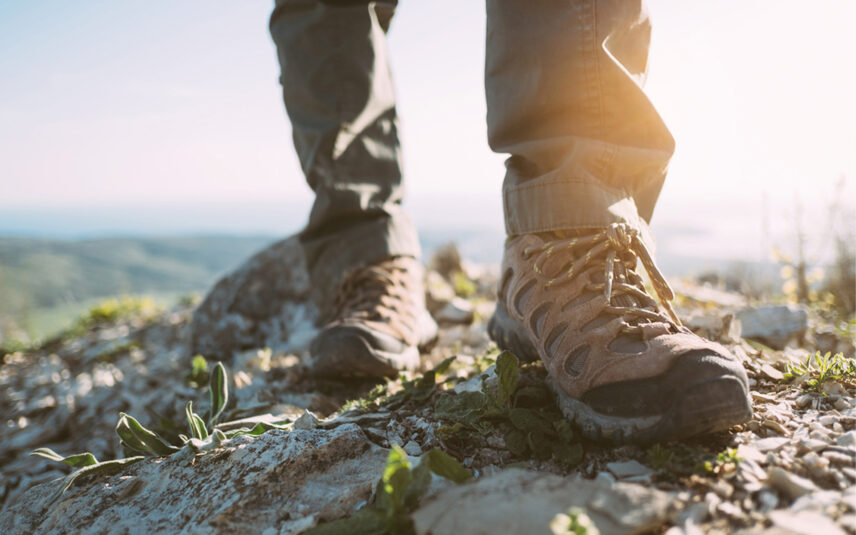
Jan 31, 2025
The Top 3 Best Boots for Climbing Kilimanjaro
What are the best boots for climbing Kilimanjaro? At minimum, 30 miles will stand between you and the top of the tallest freestanding mountain on the planet. Not any…
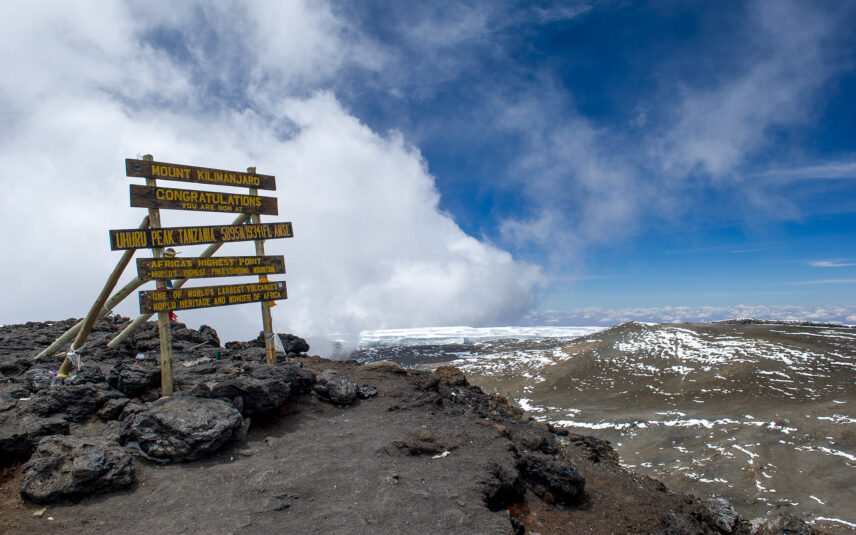
Jan 04, 2025
How to Train for Kilimanjaro: Smart Strategies & Common Misconceptions
How do I train to summit Kilimanjaro? That’s a question we’re all-too familiar with. Some newer adventurers look at the 19,341-foot peak with doubt, and to be sure, Kili…
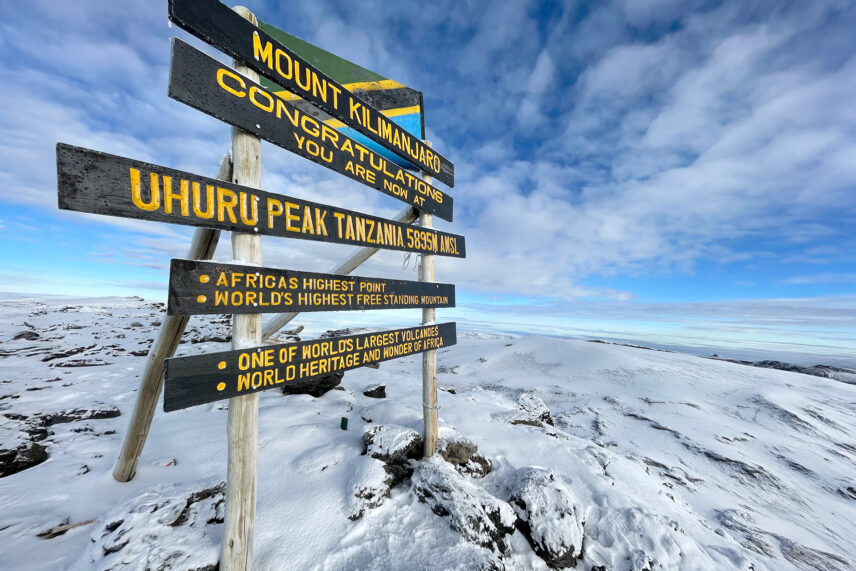
Dec 30, 2024
The Heights of Kilimanjaro: Altitude Facts
Kili is sometimes thought of as the “easiest” of the seven summits because its relatively gentle slopes require no technical mountaineering expertise. But at 19,341 feet, Kili’s summit is…
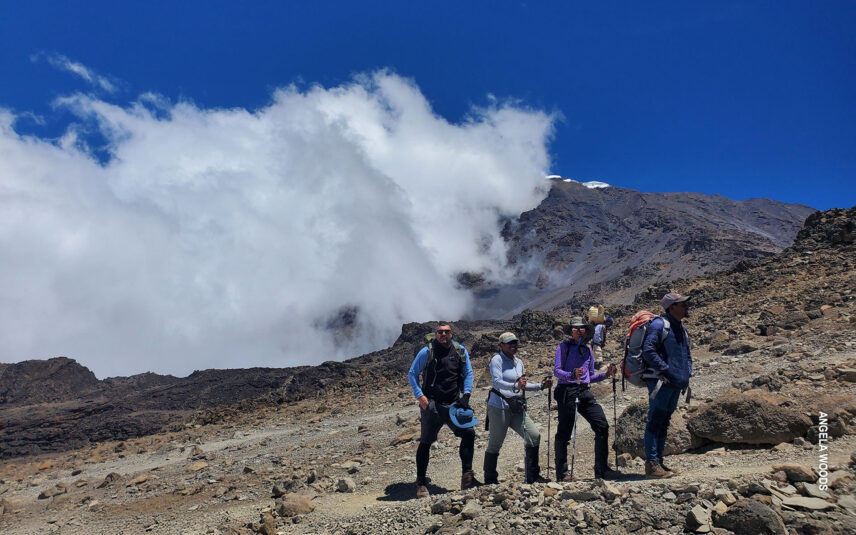
Oct 14, 2024
What to Expect in Kilimanjaro’s Alpine Desert
When you trek through Kilimanjaro’s fourth climate zone, the alpine desert, you’ll feel like you just stepped out of a spaceship. “It’s like being on the moon,” says Thomson staffer…
